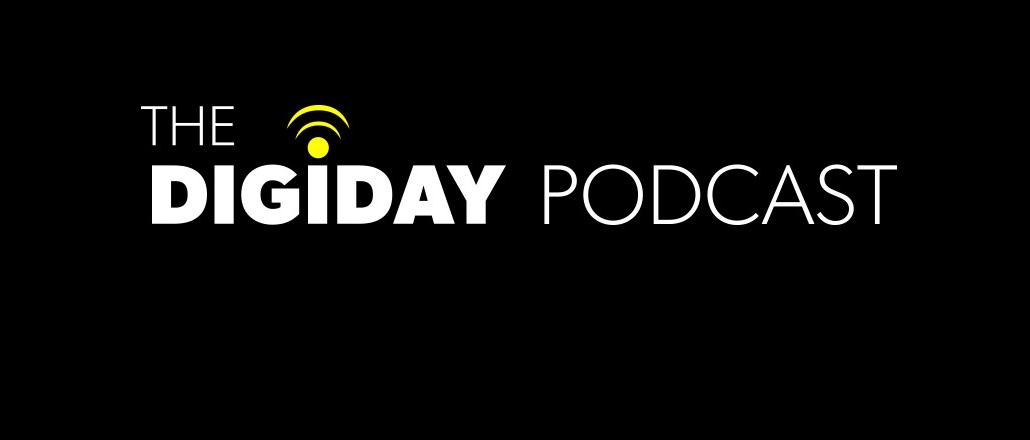Secure your place at the Digiday Publishing Summit in Vail, March 23-25

Subscribe: iTunes | Stitcher | RSS
The idea of the “filter bubble” is not new. Eli Pariser, a founder of Upworthy, wrote a book about it back in 2011, describing how personalization is changing how people think.
But now, with Facebook as a dominant force in how people find news and information, we’re seeing that filter bubble “weaponize” with the use of fake news to confirm previously held positions. The election of Donald Trump has given rise to no shortage of hand-wringing in the media about whether digital media has led to a more or less informed citizenry. Google and Facebook, for their part, have both taken steps to cut off funding for fake news from their ad services, in an acknowledgement the problem is real.
“[Digital media] has enabled certain people deeply engaged in news to have access to more and better information than they have in human history,” said Joshua Benton, director of the Nieman Journalism Lab at Harvard University, on this week’s episode of the Digiday Podcast. “On the other side, you have people for whom the daily newspaper was an entree into a broadly objective news universe. Now, those folks have retreated to Facebook. What we’ve seen, at least in certain cases, the filter bubble of people connecting with their friends who have similar points of view politically, has been weaponized by this rise of Facebook.”
Below are edited highlights from the episode.
Facebook needs to wade into the “messy business” of editing
The idea of a giant platform like Facebook or Google deciding which information reaches people is reason for pause. But Benton believes this is simply the need to embrace the traditional role of editing now that these technology platforms have so much media power. Simply saying you’re not a media company isn’t enough to absolve you from responsibility.
“I don’t think Facebook should be getting into assigning every news organization in the world a scale of quality or anything like that,” Benton said. “It shouldn’t be in the business of saying whether this Fox News op-ed or this MSNBC segment too biased. But there are things that are inarguably false like Pope Francis has not actually endorsed Donald Trump. Facebook can understand it is the major vector for making these false stories spread. They should treat those differently. That involves getting into the messy business of editing.”
Google and Facebook cutting off funding for fake news doesn’t end funding
Anyone who has seen a Lumascape knows there are no shortage of ways to make money in digital media off an audience. Yesterday, Google and Facebook said they would cut fake news sites out of their respective ad systems. But that leaves many more options for these sites to make money.
“There are other ad networks that are not Google and Facebook,” Benton said. “This will be a modeling behavior, and I would hope other ad networks would start to come up with similar policies. It’s a positive step. At the very least you’re making things more complicated for them.”
This isn’t a threat to Google and Facebook
For all the uproar over the role played by platforms in disseminating and making money for fake news, it’s likely to have little long term impact, Benton said. Few will decide to stop using Facebook as their primary source of information, for example.
“I have a hard time finding this a limiting factor on their long-term future growth,” he said. “I suspect that even though the moves yesterday are not foolproof, and these sites can find other ways to make money, it was probably the kind of move that will quiet things down.”
More in Media

The case for and against publisher content marketplaces
The debate isn’t whether publishers want marketplaces. It’s whether the economics support them.

Urban Outfitters shifts its influencer strategy from reach to participation
Me@UO is Urban Outfitters’ new creator program leverage micro-creators with smaller, engaged communities that are passionate about the brand.

Media Briefing: Without transparency, publishers can’t tell if Google’s Preferred Sources feature benefits them
Six months in, Google’s Preferred Sources promises loyalty-driven visibility, but leaves publishers guessing at the traffic impact.





